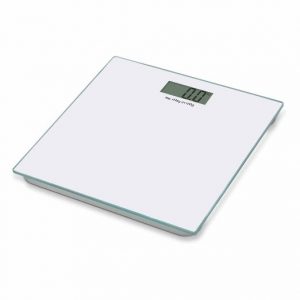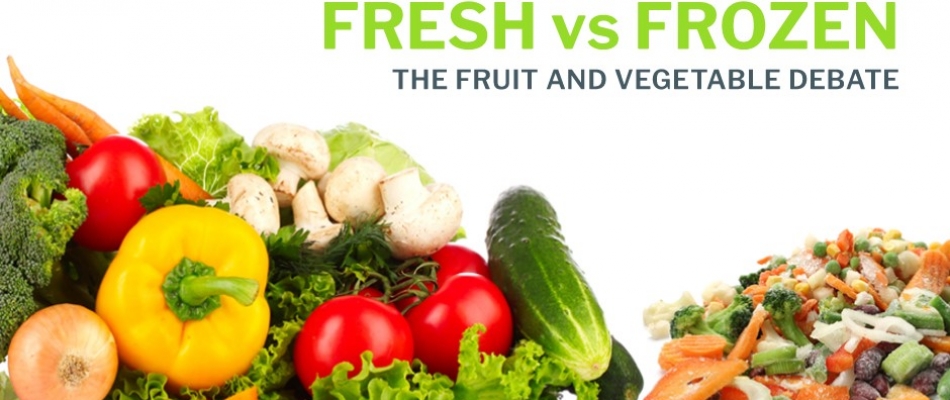Following a very interesting and crazy 2020, everyone deserved a well earnt break over the December holiday period to enjoy family and friends. It is generally a hard time to worry about what you are eating or drinking, and sometimes it can be hard to fit any decent training sessions in. I definitely took advantage of the weather and had my fair share of alcohol. However, there comes a time when it is necessary to return to a routine where the finer things in life are enjoyed in moderation or else the couple of kilograms that went on, will accumulate over the years, and continually rise.
Avoid Intense and heavily restricting dieting
Whatever your nutritional approach may be, intense dieting can lead down a path of heavy restriction, followed by binges, due to the amount of stress it may put on you both physically and psychologically. Putting your body under an intense diet for a long period of time will eventually lead to a high level of fatigue, slowed weight loss and increased water retention from cortisol levels. This can be alleviated through properly planned fat loss periods with interspersed diet-breaks. In the 8-week challenge we recommend that for this short period of time you follow a plan that can put you into a calorie deficit and ensure fat stores are used. However, after this period of time, it is important to raise calories again to a suitable maintenance amount, made up mostly of highly nutritious choices and try your best to focus on good training, sleeping and stress management habits.
Avoid falling for the latest fads
There are many different nutrition and training fads that are reported to give you the results you want. Some will work for you and some will not, it all varies based on the individual. As they say all roads lead to Rome, but we believe you should try and choose a road that will suit your lifestyle and goals. A method should be based on your individual lifestyle. Someone will tell you carbs are bad, whilst someone else will say fats are bad. You may be told to only eat “clean and fresh” foods and avoid canned foods. To debunk some of this controversial topics, Examine’s Michael Hull has done a fantastic job with ‘The top 21 nutrition myths of 2021’ that will definitely clear up some confusion for you. I learnt that fresh and frozen foods don’t differ in their nutritional value as much as you may think! Check it out below.

Avoid relying on the scale
Scales measure your total body weight. This includes fat, bone, muscle, and anything in your digestive tract. Exercise that le ads to muscle growth (weight training) could show your weight increasing and the damage and inflammation caused within muscles might also lead to fluid retention. A detox diet or a low carb diet may show your weight dropping significantly, or changes to your carbohydrate intake, sodium intake, stress, or hydration level, can alter total body weight levels all due to water.
ads to muscle growth (weight training) could show your weight increasing and the damage and inflammation caused within muscles might also lead to fluid retention. A detox diet or a low carb diet may show your weight dropping significantly, or changes to your carbohydrate intake, sodium intake, stress, or hydration level, can alter total body weight levels all due to water.
Instead track an average of the scale number over months, and always weight yourself at the same time of day or week, to track the trend over time. In addition, use a multitude of measurements, such as photos, performance in your fitness endeavours, how you feel, girth measurements etc. We use a range of measurements to ensure that changes across the board are measured and not just focused on a number.
Have a planned approach!
If you have been cycling between restrictive diets and binging, it may be necessary to restart your approach to managing a healthy body composition and take a step back. Firstly, finding an estimate of your maintenance calories (an amount of food that maintains your current weight) will allow you to rest from the stresses of dieting. It is possible to meet calories without thinking about calories at all, through being aware of nutrition in various foods and following an 80/20 pattern of eating, in which 80% of your diet is from highly nutritious sources and 20% can be what you crave. During this time, a good focus may be improving your fitness qualities, such as strength and aerobic fitness, your mental health and even your habits.
When the time comes to stick to a period of healthy weight loss, then we would recommend a planned approach. This may be generally over a timeline of up to 4-12 weeks and tracks gradual loss of approximately 0.5-1% bodyweight per week. Shorter and less intense periods can achieve success, without effecting your mental and physical well-being.
The 8-week challenge can be a short intense period of dieting, that leads to 0.5-1% of fat per week, in addition to building good training and eating habits. The diets recommended contain all major food groups and ensure an adequate amount of nutrients are taken, whilst putting you in a calorie deficit.

https://www.precisionnutrition.com/nutrition-calculator (Healthy weight loss ranges)
Diet-breaks? They sound good!
Diet-breaks may be a way to manage the fatigue associated with dieting to lose fat. Just like training might be more intense sometimes and you may ease your foot off the pedal so that your body can recover, a diet-break can be a psychological and physical relief period. It is a period of eating back at your maintenance calories that does not disrupt weight loss, and you may even lose fat more effectively (Wing & Jeffery). However, this is not a ticket to eat anything and everything, it might allow around a few hundred more calories per day, based on your body size.
Over time you begin to burn less calories the longer you diet and the more weight you lose. This makes losing more calories harder. The main reason is called “adaptive thermogenesis” (Doucet, et al. 2001) in which your body will reduce its calorie expenditure to function. Paradoxically, if you eat more by increasing calories during your diet breaks, you may lose more fat and maintain a higher metabolic rate (Levine, et al. 1999). You may even just feel better and be able to train harder and stick out the diet that bit longer before having had enough.
TLDR: If you have put on extra weight over the holiday season and want to get into shape, avoid following intense and heavily restricting programs. Seek assistance in undertaking a planned approach that ensures you measure a range of tracking measures and that you lose fat at a healthy rate.
Reference list
Wing, R.R. and R.W. Jeffery. Prescribed “breaks “as a means to disrupt weight control efforts. Obes Res, 2003. 11(3): p287-291
Doucet, et al., Evidence for the existence of adaptive thermogenesis in subjects during weight loss, Br J Nutr, 2001, 85 (6); p715-63
Levine, J. A., Eberhardt, N. L., & Jensen, M. D. (1999) Role of Non-exercise Activity Thermogenesis in Resistance to Fat Gain in Humans. Science 1999, 283 (5399) p. 212-214.
Israetel, M. Davis, M. Case, J, Hoffman, J. Fundaro, G. Harrison, A. & Salter, P. The Renaissance Diet 2.0
